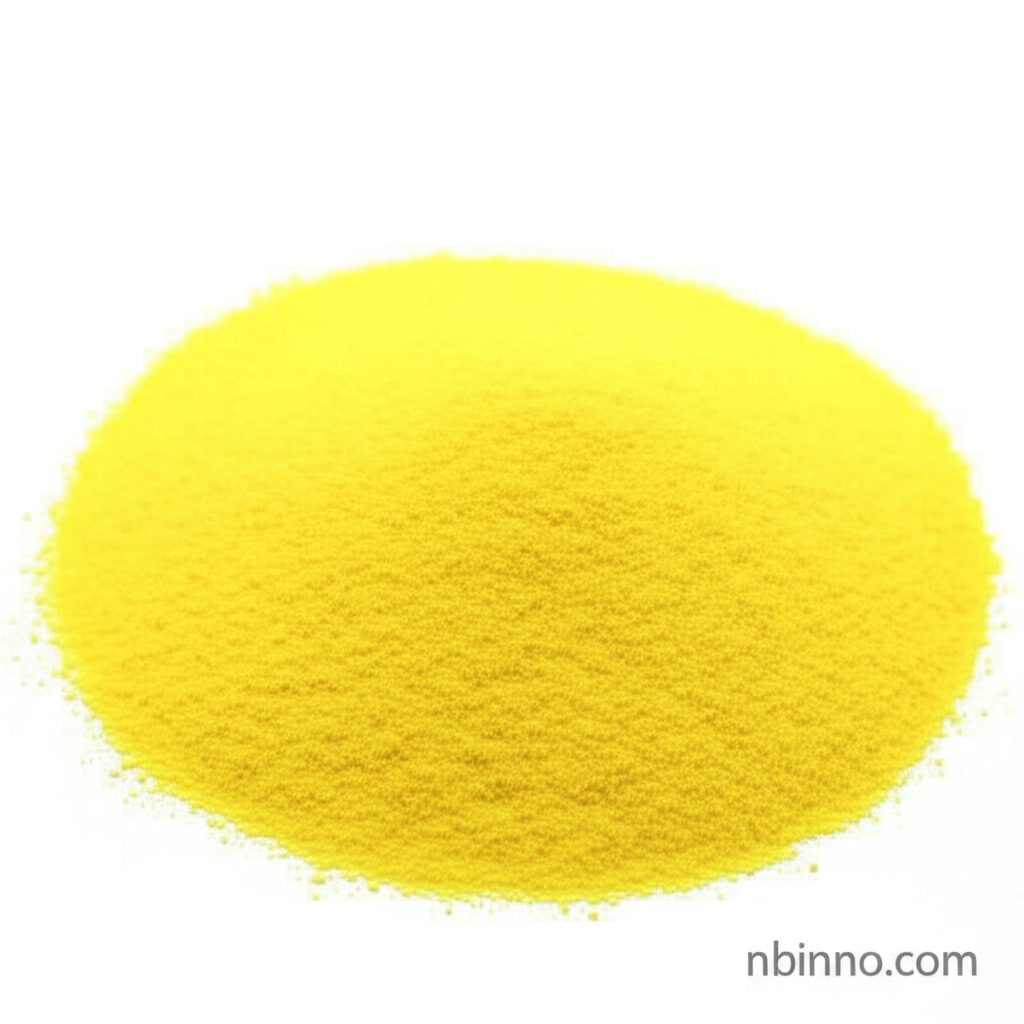Chlorinated Polypropylene: Enhancing Adhesion, Durability, and Performance in Inks, Coatings, and Adhesives
Discover the power of Chlorinated Polypropylene (CPP), a crucial chemical modification of polypropylene, that significantly boosts adhesion, chemical resistance, and overall performance across inks, coatings, and adhesives. Learn how CPP is driving innovation in the packaging and industrial sectors.
Get a Quote & SampleProduct Core Value

Chlorinated Polypropylene
As a leading supplier in China, we offer Chlorinated Polypropylene (CPP), a versatile thermoplastic resin renowned for its exceptional adhesion properties. CPP significantly enhances the bonding capabilities to a wide range of substrates including polypropylene (PP), polyethylene, paper, and aluminum film. Its excellent compatibility with various organic solvents allows for easy preparation of solutions, making it a preferred choice for advanced ink and coating formulations. Our commitment as a manufacturer in China ensures high-quality products that meet stringent industry standards, providing reliable performance for your critical applications.
- Leverage the excellent adhesion properties of Chlorinated Polypropylene for your ink formulations, ensuring superior print quality and durability.
- Utilize Chlorinated Polypropylene as a chemical resistance enhancer, protecting your coatings and inks in demanding environments.
- Explore the benefits of using Chlorinated Polypropylene as a binder for plastic applications, improving the overall integrity of your products.
- Inquire about buying Chlorinated Polypropylene resin from our reliable supplier network in China for your industrial needs.
Advantages Offered by the Product
Superior Adhesion Properties
Chlorinated Polypropylene acts as a powerful adhesion promoter, forming robust bonds between various substrates and coatings, which is critical for applications like BOPP film. This makes it an indispensable component in achieving durable and high-quality prints.
Enhanced Chemical Resistance
The inherent chemical resistance of CPP protects inks and coatings from degradation due to solvents and other harsh chemicals, ensuring longevity and performance in challenging industrial environments.
Versatile Application in Inks
CPP is a key ingredient for high-performance printing inks, offering excellent compatibility with different printing technologies such as gravure and flexography, thereby supporting the diverse needs of the printing and packaging industry.
Key Applications
Printing Inks
CPP serves as a critical binder and adhesion promoter in printing inks, particularly for non-polar substrates like BOPP films, enhancing print durability and vibrancy. This makes it a sought-after component for achieving high-quality results.
Coatings
As a versatile additive, CPP improves the adhesion and performance of paints and coatings for various plastic substrates, including automotive parts and industrial equipment, offering excellent resistance and finish.
Adhesives
CPP is utilized as an adhesive agent for laminating films and paper, enhancing water resistance and color brightness. It's also used in pressure-sensitive films, contributing to their overall performance and reliability.
Plastic Modification
Beyond inks and coatings, CPP can be used in the manufacturing of plastic products to improve properties like flexibility and heat-sealing, making it a valuable material for product development and enhancement.
